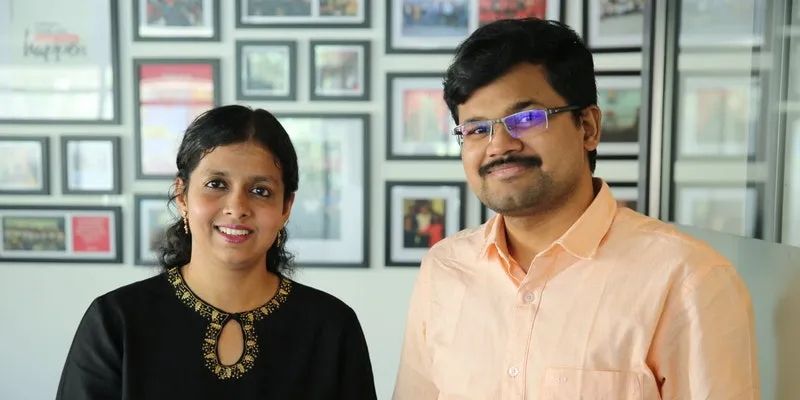Coronavirus: Childcare startup Cradlewise develops splitter to increase ventilator efficiency
Bengaluru-based tech startup Cradlewise, which produces intelligent baby cribs, is using its technology to produce a splitter device that can help two patients use one ventilator.
India needs more than 500,000 ventilators to save people afflicted with COVID-19. But it has only 50,000.
As organisations and companies across India race against time to do their bit in mitigating the coronavirus crisis, startups are stepping up. Bengaluru-based technology startup , which produces intelligent baby cribs, is now using its technology and expertise to solve the problem of ventilator availability.
Cradlewise Co-founder Bharath Patil says India will need up to five lakh ventilators within two to three months to help save people suffering from coronavirus. However, the country only has 50,000 machines and manufacturing ventilators takes a lot of time.
While several companies are looking to ramp up production of ventilators to fight the COVID-19 crisis, Cradlewise is producing a splitter device to increase the efficiency of existing ventilators and help two patients with one machine.

Radhika and Bharath Patil, the Founders of Cradlewise.
The Cradlewise innovation
Speaking to YourStory, Bharath says unlike normal trauma patients who need ventilators for maximum two days, a serious COVID-19 patient might need it for up to 10 days. He adds that currently almost one out of 10 coronavirus patients needs a ventilator to survive.
However, people being treated for coronavirus “do not use the entire capacity of a single ventilator”.
“After consulting with doctors from the US and UK, we came to know that the capacity required for COVID-19 patients is about 25 to 30 percent. This means a minimum of two patients can be helped with one ventilator,” Bharath says.
While using a splitter allows a single ventilator to be used by more than one patient, the problem lies in the fact that different people have different lung compliance – the capacity to hold air in their lungs. A normal splitter device does not allow for this level adjustment.
Cradlewise is looking to solve this problem by developing a splitter that will help doctors to set different volume levels of air, thus serving two patients with different requirements.
“We are helping make one particular device, which enables using a normal ventilator for two people with different lung compliance. So, this is like a ventilator expander,” Bharath says.
Co-founder Radhika Patil says the prototype of the splitter has already been tested on artificial lungs at Tata Memorial Hospital, Mumbai, and Manipal Hospital. The product will soon be ready to be used on patients.
“Demand for the product is already coming in. In two weeks, we will have 100 units; in a month, we will be in a position to make 1,000 units per day,” Bharath says.
Extraordinary times, extraordinary measures
When launched, Cradlewise used artificial intelligence to develop a smart cradle that offers responsive rocking and contactless baby monitoring to ensure safe and sound sleep for babies.
Developing splitter devices for improving efficiency of ventilators differs completely from the company's vision. When asked about this, the founders explain that though the company has a different primary motive, it has the technical expertise - along with guidance from doctors across countries - to improve medical infrastructure and help India fight coronavirus.
Radhika says the company is not looking to become a medical device manufacturer and may open-source the design once the COVID-19 situation is under control.
“For one, the design is a completely non-profit activity, which is getting the community together to do it. Going ahead, we will open-source the design and it could be taken up by committees or medical companies for medical trials and taking it forward. Right now, we are doing the best we can do,” Radhika says.
The childcare startup joins others such as Texas Instruments, Invest India, Catalyst for Women Entrepreneurship, and , in the global fight.
With communities coming together to fight the coronavirus pandemic, we can only hope that a solution is found soon.
(Edited by Teja Lele Desai)









